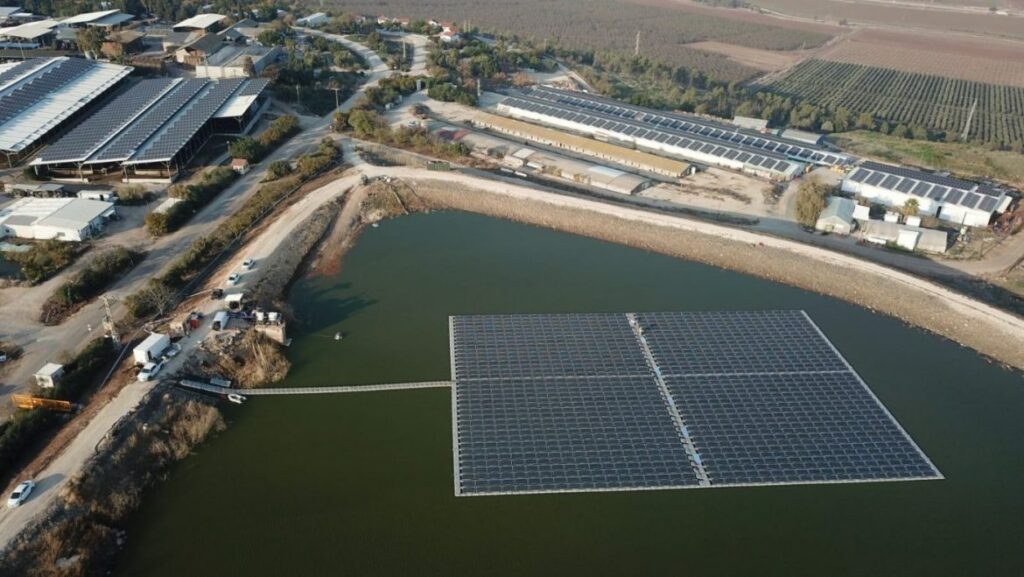
The Electricity Authority of Israel (PUA) has introduced a supplementary tariff for distributed solar PV facilities that use energy storage to manage demand on the grid.
The country is targeting reaching 30% renewable energy on the network by 2030, but has struggled to hit its earlier 10% by 2020 target. The regulatory Electricity Authority recognised that a major obstacle to this progress has been “the ability to plan and develop the electricity network at a sufficient pace and in the required scope”.
The new tariff should mean existing network resources can be used more efficiently, by encouraging the use of energy storage so that solar-generated power can be shifted to night-time hours when demand is low.
It applies to distributed solar generation facilities used for onsite self-consumption and feeding surplus power into the grid. Solar PV and energy storage facilities that share a single metered connection point to the grid will be eligible.
Try Premium for just $1
- Full premium access for the first month at only $1
- Converts to an annual rate after 30 days unless cancelled
- Cancel anytime during the trial period
Premium Benefits
- Expert industry analysis and interviews
- Digital access to PV Tech Power journal
- Exclusive event discounts
Or get the full Premium subscription right away
Or continue reading this article for free
Local news outlet Times of Israel reported that the reform is aimed at encouraging the production of renewable energy without putting further strain on an already congested grid. The newspaper noted that the Israel Electric Corporation has been forced to reject “large numbers” of grid connection requests from new solar PV plants.
The supplementary tariff will increase the amount of renewable energy used on the grid without the need for new grid connections at additional points on the network.
An official announcement on the new regulation has so far only been published in Hebrew. Energy-Storage.news has asked PUA for more details and will add them to this story as appropriate, but it appears the new tariff will take the form of a top-up payment for generators, paid on an annual basis.
According to prior modelling from PUA, Israel will need about 2GW/8GWh of energy storage to support the integration of 30% renewable energy to the grid, equivalent to roughly 12GW of solar PV. The authority has hosted a couple of solar-plus-storage tenders in the past, including a 2020 round that awarded contracts to 777MW of PV with 3,072MWh of battery storage.





